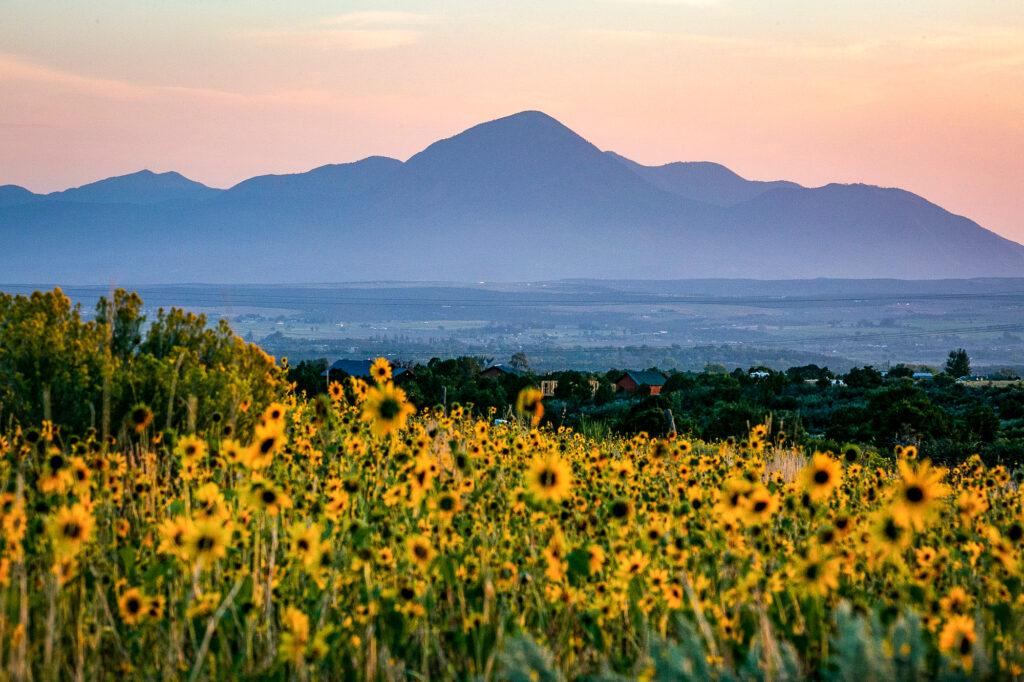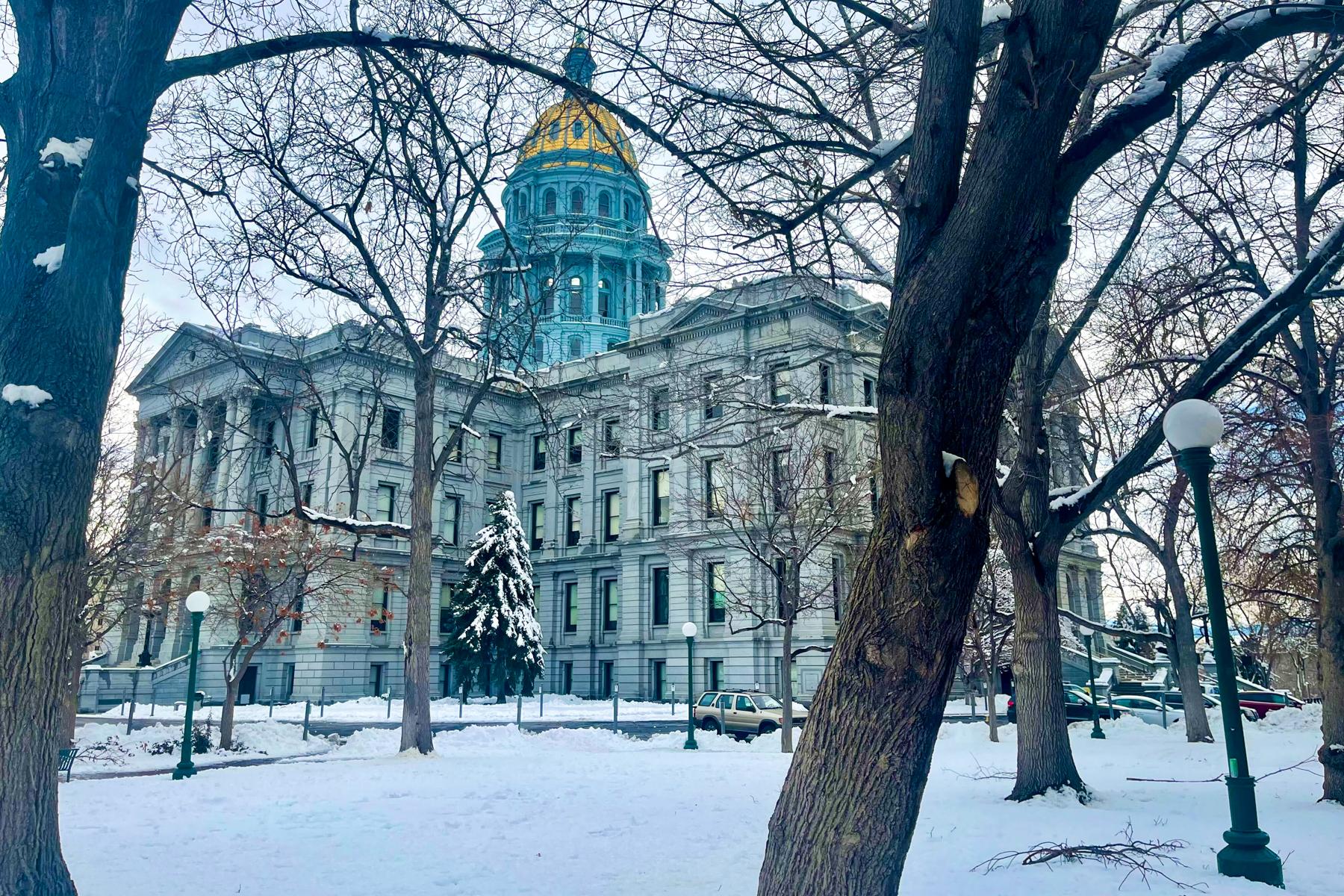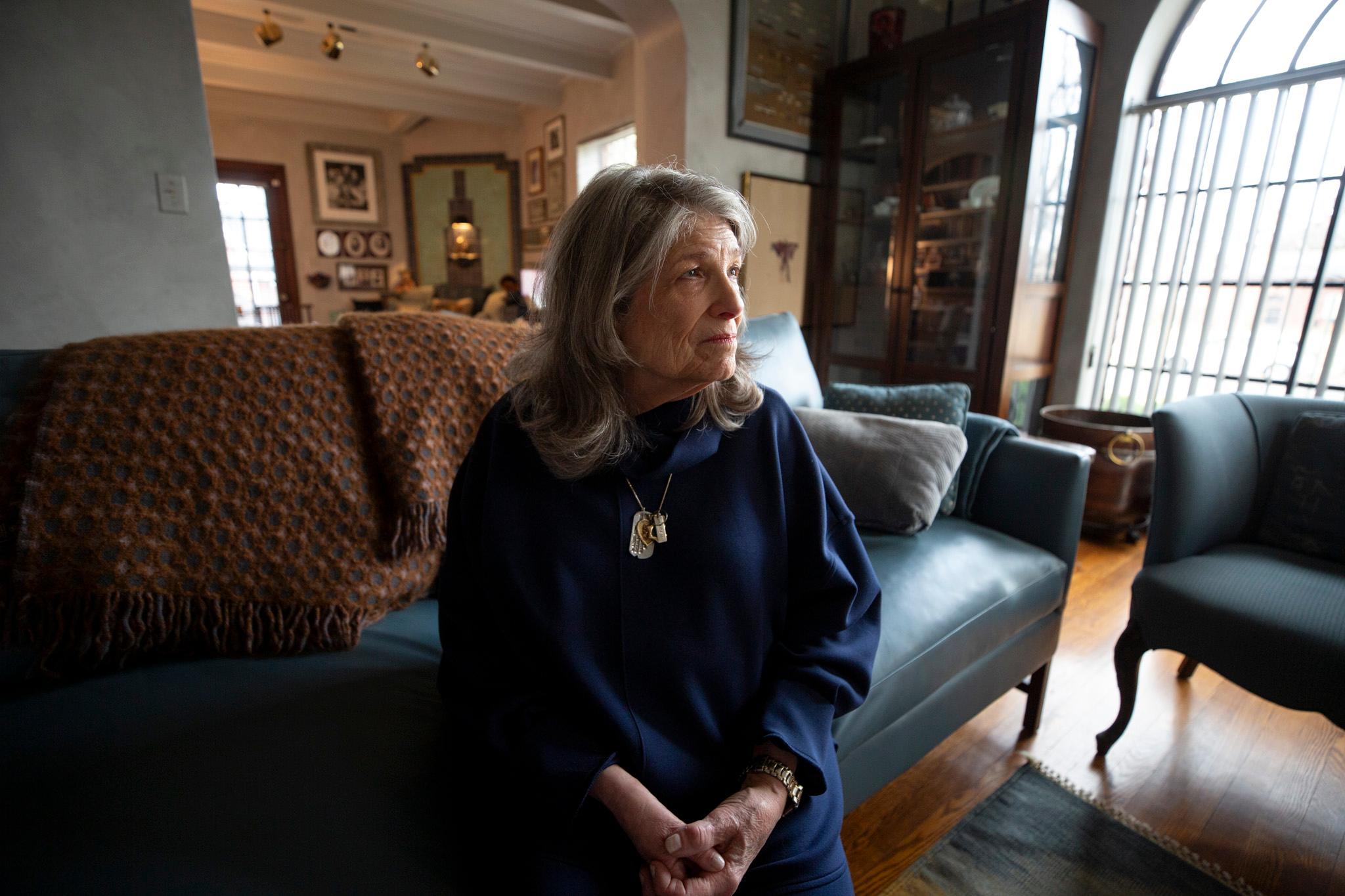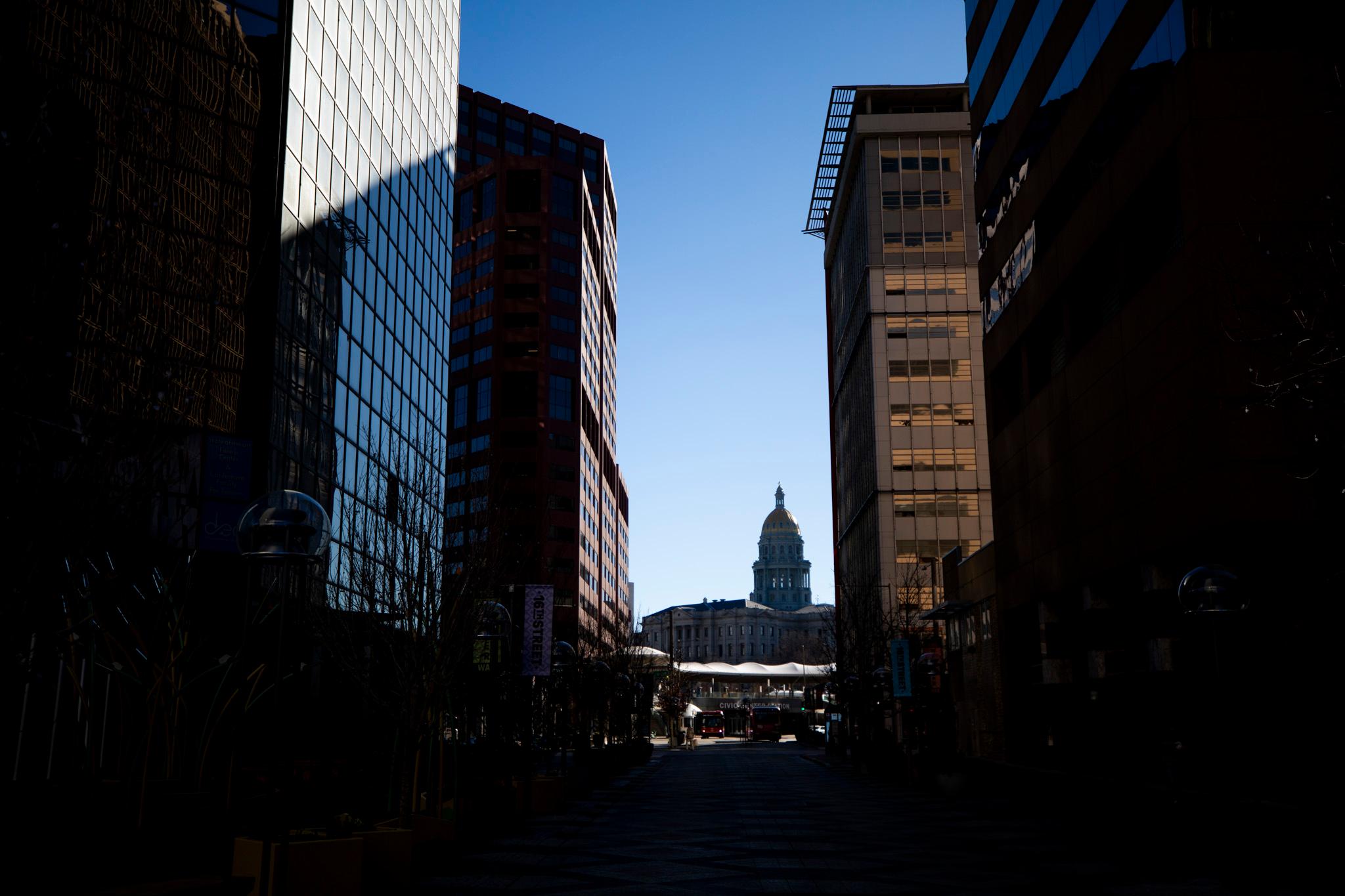
Colorado is aging.
The number of people in the state who are 65 and older will increase by 35 percent over the next decade, a significant shift that could impact nearly every aspect of the economy and every corner of the state.
The main driver? The baby boomers.
“We migrated a lot of baby boomers here in the ‘70s, and they were 20 around that time,” said Elizabeth Garner, Colorado’s state demographer.
Now those people are in their 60s and 70s, “and it really is making a significant change in Colorado. We really have never had very many older adults in the state.”
Colorado ranks as one of the youngest states, but that’s changing as the boomers age.
From 2010 to 2020, Colorado had the second fastest-growing population over the age of 65 in the nation, behind only Alaska. The trend is expected to continue into the next decade.
Meanwhile, younger age groups are growing more slowly. “Net migration” — the number of people moving to Colorado minus the number leaving — is slowing among younger people.
And birthrates are down nationwide.
“Our ‘peak birth’ for both the United States and Colorado was in 2007. That makes that person about 17 years old,” Garner said.
One of the biggest impacts will be felt in the workforce.
Even though people retire at many different ages, workforce participation on average declines as people age. The first wave of baby boomer retirements has already started.
“Last decade, we probably saw over 500,000 people over the decade age out of the labor force. This decade we're seeing about 400,000, and this is really the first time Colorado has ever experienced such a large number aging out of the labor force,” she said.
| Whether you're aging yourself or caring for someone who is, what questions do you have? Email us at [email protected] or leave a voicemail at 303-871-9191 X 4480. |
As Colorado continues to create new jobs, it must also fill the vacancies left by people retiring.
“And that's why we've got such a tight labor force right now is because there are so many people aging out and fewer people aging in,” Garner said.
One field that struggles to attract workers is long-term care for older people.
Chad Federwitz, chair of Colorado’s Commission on Aging, says low wages are part of the problem.
“Sometimes you can make more money working at McDonald's,” he said.
Colorado has implemented incentives to attract more workers into the direct care field.
“If it's loan forgiveness, if it's a stipend, if it's support with continuing education, if it's free tuition at a community college,” he said.
Aging in rural communities has its own challenges.
Federwitz is also manager of Senior Services in Pitkin County, and is sensitive to the challenges faced by older people who live outside the cities, both in accessing providers, and finding transportation.
“In some small and rural communities, like in our area, I might have to go to Grand Junction or Denver for my doctor's appointments. It's really challenging to take public transportation to go to either of those areas,” he said.
Colorado counties also should anticipate a potential impact on sales tax revenues.
That’s because older people spend more on services than goods, Garden said.
“And we tax goods, not services. So that impacts the public finance look,” she said. “So we're making sure that counties are aware of how that demographic is changing within their area so that they can properly plan for it.”
It’s important to remember the changes are personal to many real people.
Federwitz also emphasized that this macro-economic trend has been building for decades. He dislikes the term “silver tsunami.”
“Tsunamis kind of come out of nowhere,” he said. “We knew those demographics were going to be as big as they were 60, 70 years ago, so it's not a surprise.”
Garner agreed.
“That connotes the idea that it's a disaster, that it's negative,” she said. “I don't think it's negative, right? I mean, we're just people. We've always aged. Yes, there's stuff to worry about and pay attention to. I hope Colorado does spend more time thinking about it and figuring out where are the gaps, where are the needs, who's falling through the cracks.”
And in the end, Federwitz said, the demographic shift is personal, and about people.
“The average older adult is just like you and I,” he said, “When you're 59 and then tomorrow you turn 60, what actually changes?
This story is a part of Aging Matters, a series from Colorado Matters about the Centennial State's aging population. Read more stories here.








